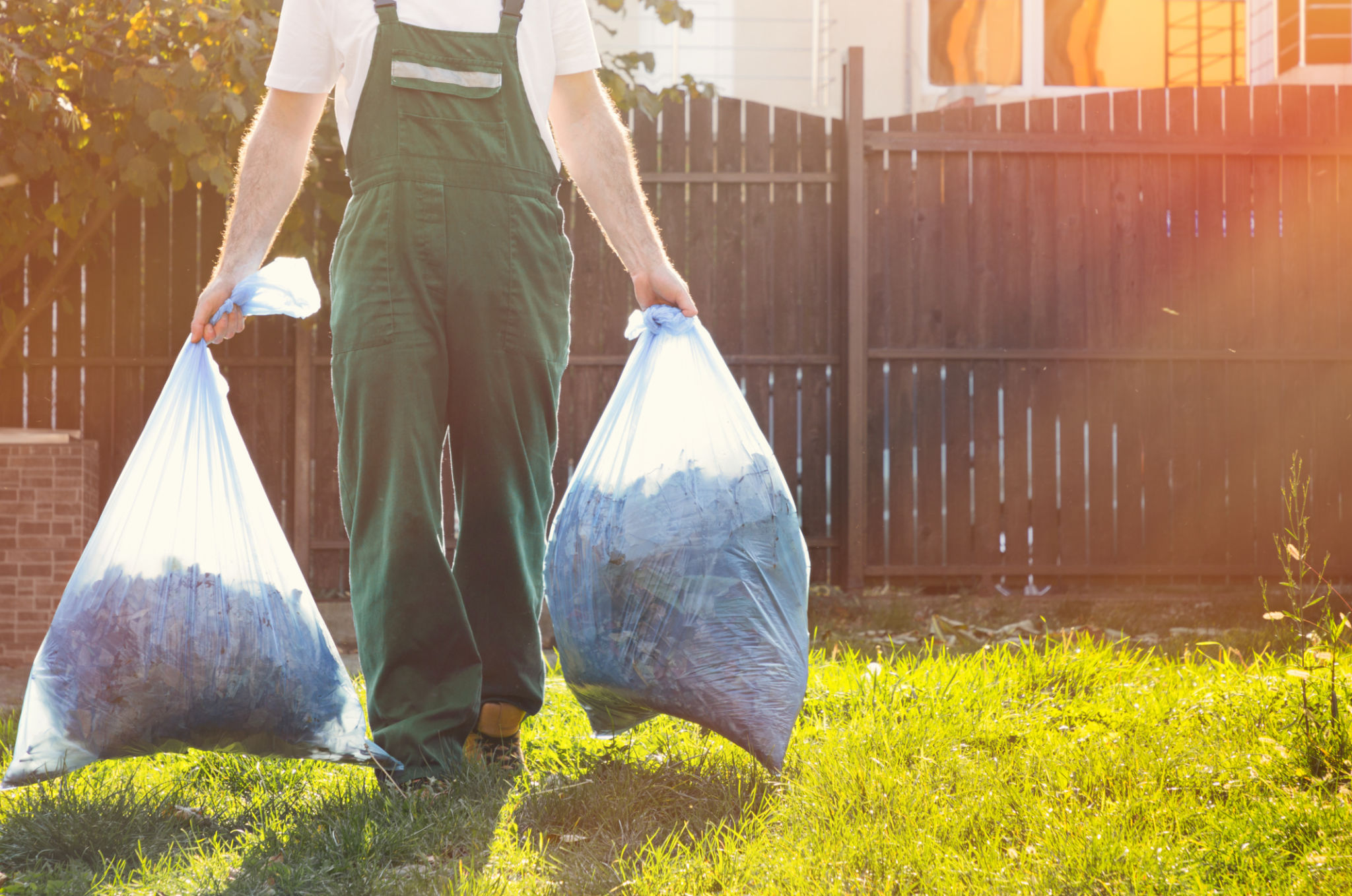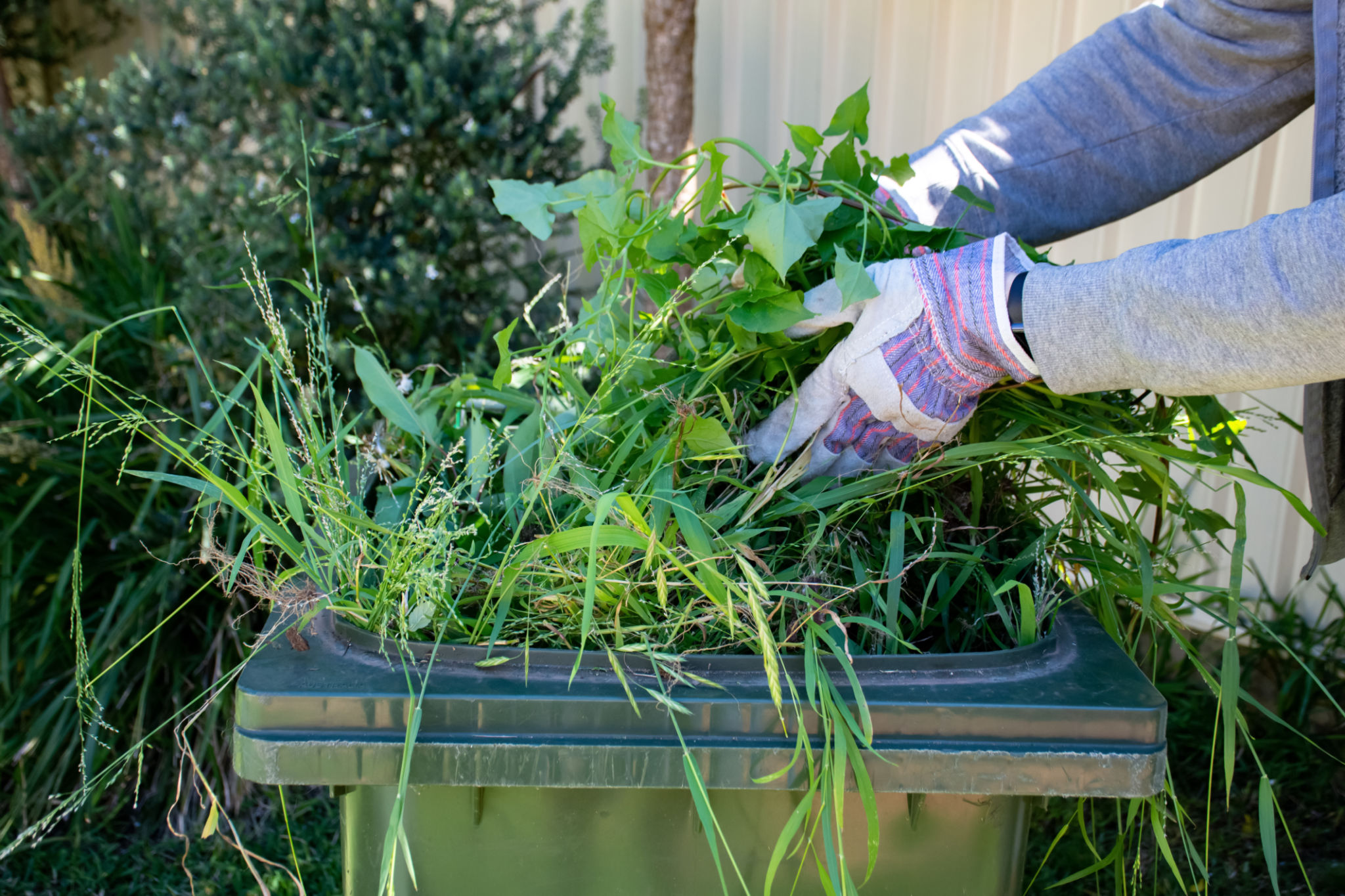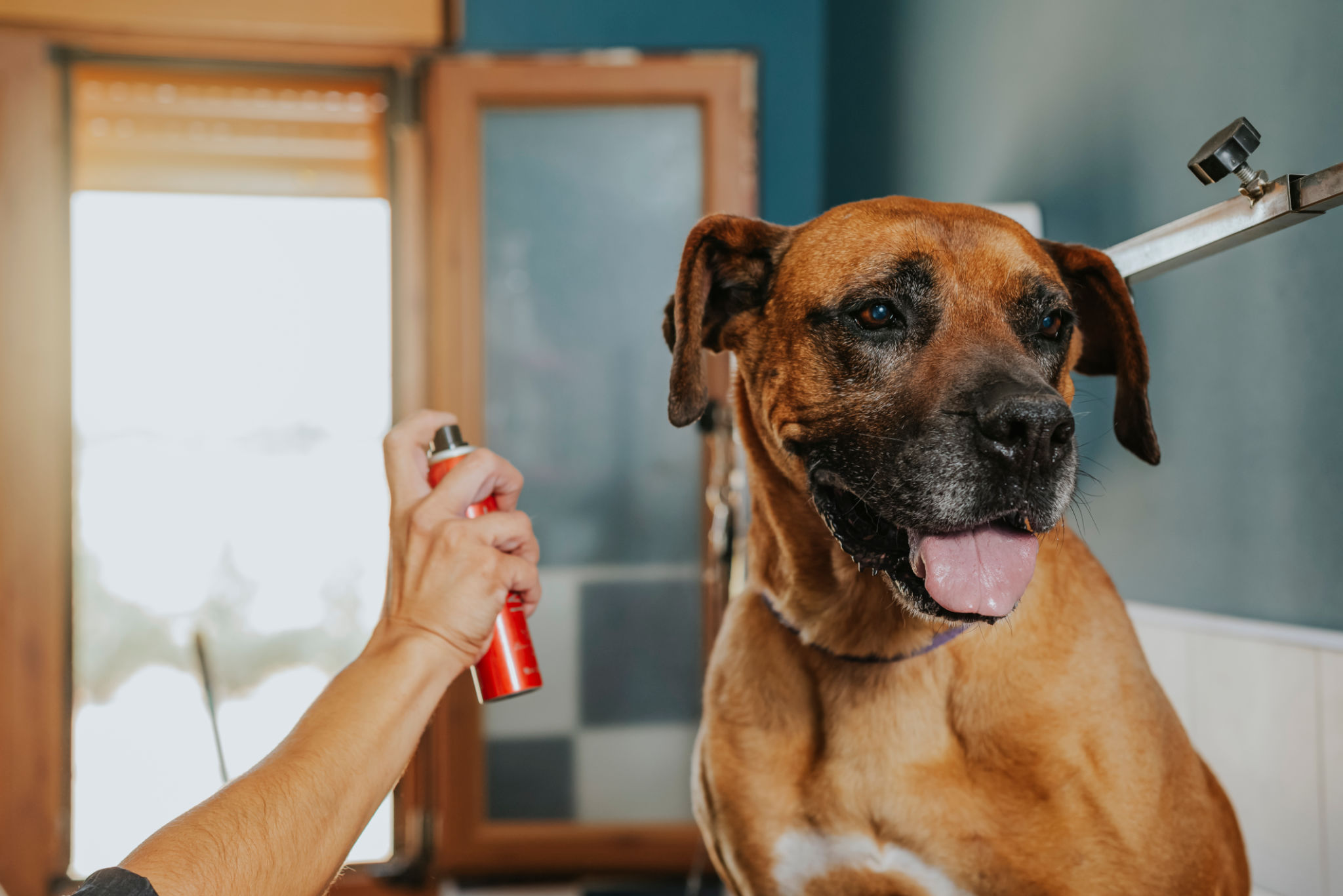Expert Tips for DIY Pet Waste Management at Home
Understanding the Importance of Pet Waste Management
Managing pet waste is a crucial aspect of responsible pet ownership. Not only does it keep your home and yard clean, but it also helps prevent the spread of harmful bacteria and parasites. Proper waste management can also minimize unpleasant odors, ensuring a more pleasant environment for you and your family.
Many pet owners are unaware of the environmental impact of improper pet waste disposal. Pet waste contributes to water pollution and can harm local wildlife if not managed correctly. By adopting effective DIY strategies, you can significantly reduce these adverse effects and maintain a healthier ecosystem.

DIY Tools and Supplies
Essential Tools for Easy Cleanup
Having the right tools can make pet waste management much more manageable. Here are some essential items you should consider:
- Pooper Scooper: A durable pooper scooper is essential for cleaning up solid waste quickly and efficiently.
- Biodegradable Bags: These bags are an eco-friendly option for disposing of pet waste without harming the environment.
- Disinfectant Spray: Use this to sanitize areas where pets frequently relieve themselves.
Setting Up a Waste Disposal System
Creating a designated area for pet waste disposal can streamline the process. Consider setting up a small, covered bin in your yard specifically for pet waste. Line it with a biodegradable bag for easy removal and replacement. This system not only makes clean-up convenient but also reduces odors.

Proper Cleaning Techniques
Step-by-Step Waste Removal
Follow these steps to ensure effective pet waste removal:
- Use the pooper scooper to pick up solid waste immediately after your pet goes.
- Place the waste in a biodegradable bag and tie it securely to prevent leaks or spills.
- Dispose of the bag in your designated waste bin or municipal trash collection, depending on local regulations.
Regular cleaning prevents the buildup of waste, which can attract pests and create health hazards. Make it a habit to clean up after your pet daily, especially in shared spaces like parks or community gardens.
Dealing with Odors
Odors can be a common issue with pet waste, but there are several ways to tackle this problem. Consider using natural odor absorbers like baking soda or activated charcoal around the disposal area. Regularly washing the surrounding area with water and a mild detergent can also help keep odors at bay.

Additional Tips for Sustainable Management
Composting Pet Waste
If you're environmentally conscious, you might consider composting pet waste. While you can't use this compost on edible plants due to potential pathogens, it can enrich ornamental gardens. Ensure you have a dedicated compost bin for pet waste, separate from other compost materials. This method helps reduce landfill contributions while providing nutrient-rich soil for non-food plants.
It's important to note that not all pet waste is suitable for composting, particularly if your pet is on medication or has been treated with certain chemicals. Always research and follow local guidelines when considering composting options.
Educating Family Members
Involving your family in pet waste management is essential for maintaining consistency. Educate children and other household members on the importance of cleanliness and proper disposal techniques. Assigning roles or creating a schedule can ensure that everyone contributes to keeping your living space clean and healthy.
By implementing these expert tips, you can efficiently manage pet waste at home, contributing to a cleaner environment and a happier household. Remember, responsible pet ownership extends beyond feeding and grooming—effective waste management is a critical component that benefits both your family and the planet.